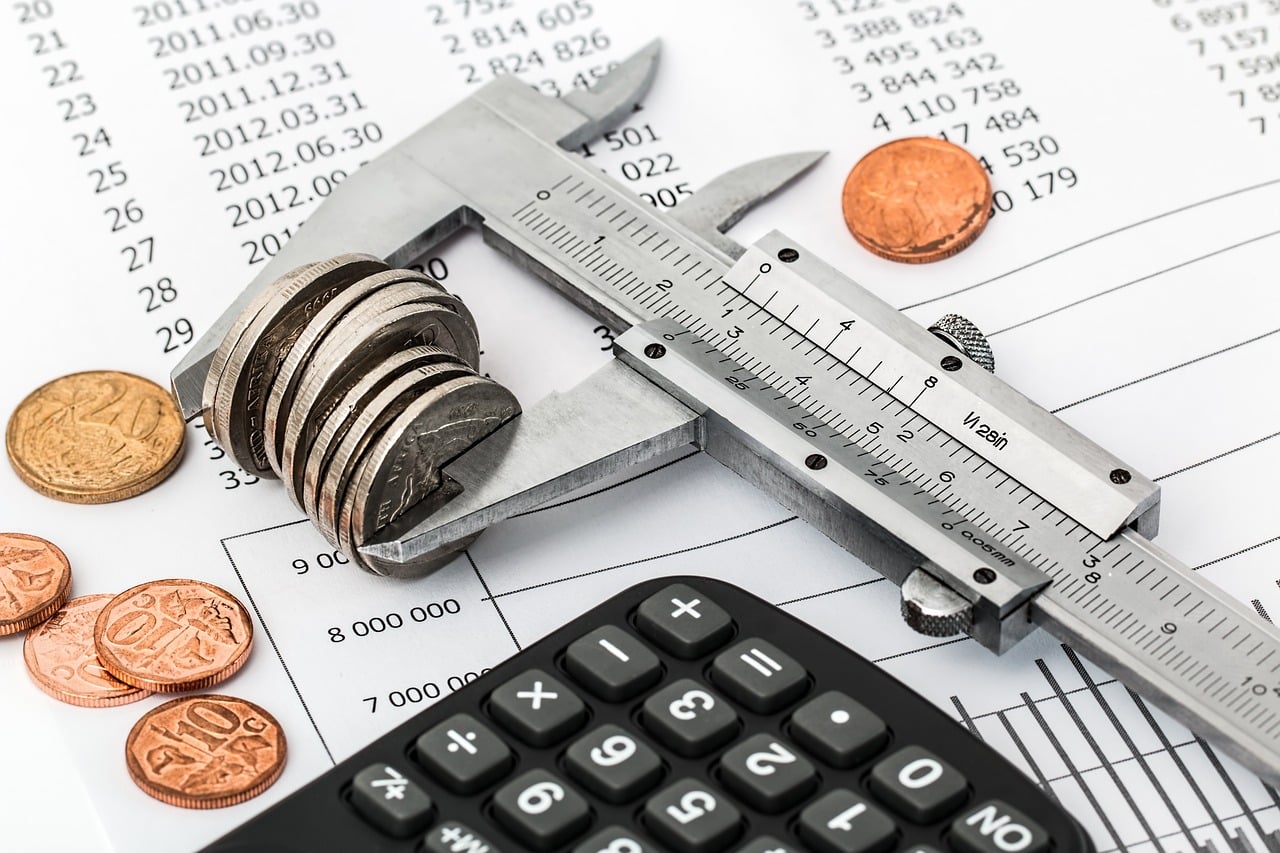How to Use Debt To Build Wealth: Good Debt Vs. Bad Debt

Whenever people use the word debt, it immediately has a negative connotation. However debts are good and bad, and the good ones can help you build wealth in the long run. Because of this, you can also use good debt to minimize risks and become wealthy.
So if you want to understand the difference between good and bad debt and want to be on your way to financial freedom you are in the right place. Here is a complete guide to help you understand how to use debt to build wealth.
What Is Good Debt?
As clear from the name this is the type of debt that doesn’t have any bad effects on your financial health. Good debt is any debt that helps you increase your net worth and generate income. It can improve your life and the life of your loved ones in the best way possible. Here are some situations in which debt would be considered good debt:
- Business: If you are borrowing money to start a business then this will be good debt. Yes, there is a risk of success and failure but if it succeeds the debt will be good
- Education: Education increases your chances of better work opportunities and employment. So education is also an investment and any loan you take for this is good debt
- Home: You can take out a mortgage to purchase a home live in it for a while, and then sell it for a profit. Even such a debt is considered good debt because homes appreciate in value and can help you generate income or net worth.
In the same way, there are many other scenarios that would be considered good debt. For example, in the long run, anything that will provide you with benefits or profits will be a good debt.
How Bad Debt Keeps You From Building Wealth
Bad debts are any loans or debts you take to purchase an asset that will depreciate in value. Unfortunately these debts can also have high-interest rates that will keep you struggling for your finances in the long run. Because of this, it will be highly challenging for you to build wealth because the asset will not generate income or depreciate.
These can include debts you take for cars clothing, furniture, the latest smartphone, and many other such things that will not provide you with a return. These things will provide you with satisfaction in the short term but in the long run you will have to keep paying for these debts without getting anything out of it. So it is best to stay as far away from bad debts as possible if you want to build and manage wealth.
How To Minimize The Risks Of Using Debt To Build Wealth
If you are struggling with debt, you can still minimize the risks by following some guidelines. These include the following:
Make Timely Payments
Even if you have debt, you can manage it responsibly by making timely payments. This will help you avoid late charges or high-interest rates you might face if you don’t pay on time. If you can’t pay the full amount on time then make sure that you at least pay more than the minimum amount.
Doing this will help you avoid paying more money in fees and interest. So if you have any debt, make sure you are responsible for it and pay your dues on time.
Don’t Take On More Debt Than What You Can Afford
The biggest mistake people make when taking debt is that they take on more debt than what they can afford. They think that money will magically appear and they will be able to pay but that is not how real life works. Such a thought process is a recipe for disaster.
Track your income and expenses and then decide how much debt you can afford to take on yourself; if you can’t make the monthly payments then don’t take the debt in the first place. It will only keep you trapped and hinder you from building wealth.
Create A Budget
Whenever you have taken a debt or decide to take one tracking expenses and budgeting is important. This will help you understand how much you are earning and spending each month and the type of things you are spending your money on. When you become aware of these things you can take steps to eliminate any unnecessary expenses and costs.
When you eliminate unnecessary costs, you don’t need to take on it will help you create room for debt that you can easily pay off. There are many applications that can help you track your budget. If you don’t think you can track yourself you can take the aid of these additional resources.
Recommended for you: How to Keep Your Budget in Mind While Shopping
Check Interest Rates
Before you take on debt make sure that you look around and check the different interest rates that creditors are offering. Never stick to the first offer you get and always look around. This will help you have an interest rate that you can easily pay off without compromising your finances too much.
So look around and then check the best interest rates that banks and lenders are offering on the amount of debt you need. When you have all the information you can decide which conditions and interest rates seem the best to you. This will help reduce risks and allow you to pay debts on time.
Final Thoughts
Now that you know the difference between good and bad debt you can take steps to minimize the bad and focus on the good. Doing this will help you make better decisions so that you don’t keep falling into a vicious cycle of debt. Many people have been trapped by debt which has led to their financial ruin.
If you want to build wealth, you have to be smart about it and make choices that help you sustain yourself in the long run. So follow these guidelines to use debt and build wealth. Then you will be on the road to financial freedom.
Best Business Planners – Recommended by Our Experts:
-
Daily, Weekly and Monthly 2023 Planner 8.5×11
-
3-Tier Down Weekly & Monthly Planner Notepad, 11.38” x 8.74”
-
GoGirl Planner PRO Schedule – Undated Planner with Hourly Time Slots
Josh Dudick
Josh is the owner and lead writer at Daily Wisely. His career has taken him from finance to blogging, and now shares his insights with readers of Daily Wisely.
Josh's work and authoritative advice have appeared in major publications like Nasdaq, Forbes, The Sun, Yahoo! Finance, CBS News, Fortune, The Street, MSN Money, and Go Banking Rates. Josh has over 15 years of experience on Wall Street, and currently shares his financial expertise in investing, wealth management, markets, taxes, real estate, and personal finance on his other website, Top Dollar Investor.
Josh graduated from Cornell University with a degree from the Dyson School of Applied Economics & Management at the SC Johnson College of Business.

